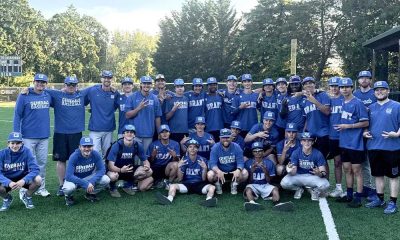Australia has taken a momentous step in its bid to become the world leader in athlete wellbeing, today launching new recommendations to support athletes from preconception through to parenthood.
The Australian Institute of Sport (AIS), Central Queensland University (CQUniversity) and the Queensland Academy of Sport (QAS) developed the world-leading AIS Best Practice Recommendations to Support Elite Athletes from Preconception to Parenthood.
“The more mums and aspiring mums we see thriving in sport, the better,” Minister for Sport, The Hon Anika Wells MP said.
“Athlete mums are among our best athletes, just look at marathon mum Jess Stenson or world record holder Vanessa Low, both of whom actually achieved greatness as parents.
“There shouldn’t have to be a choice between motherhood and athletic success and in fact, the qualities developed through being a mum, including resilience, are ideal for elite competition.
“The Albanese Government wants our athletes to be treated as individuals and supported with tailored programs that can drive them to 2032 success.”
AIS Female Performance Health Initiative Project Lead Dr Rachel Harris said the recommendations will help more women thrive.
“No athlete should have to choose between a career in sport and being a parent, but unfortunately that’s the reality for a growing number of female athletes,” Dr Harris said.
“Many athletes are reaching their late 20s, early 30s and are wanting to start a family, however a lack of support is leading them to early retirement.
“These evidence-based recommendations will help sports retain great athletes who have the potential to perform for another 10-15 years.”
The recommendations underpin Australia’s High Performance 2032+ Sport Strategy: Win Well in which 62 sports and organisations have pledged to prioritise athlete wellbeing.
Olympic Water Polo player and mum Keesja Gofers also returned to training eight weeks postpartum before making history in Paris.
“I had people who advocated for me within my sporting organisation and I am very grateful for the support I received,” Gofers said of Water Polo Australia.
Both Wood and Gofers were among more than 60 athletes, coaches, high performance support staff and medical professionals who helped shape the recommendations.
CQUniversity Associate Professor Melanie Hayman highlighted that even sports with small budgets can make a real impact.
“Some of these recommendations can be implemented with little to no resources such as offering flexible training options, protecting categorisation or modifying uniforms,” Associate Professor Hayman said.
“While sports with bigger budgets can consider covering medical bills, contract extensions or childcare.”
Queensland Minister for Sport and Racing and the Olympic and Paralympic Games, Tim Mander MP, said the return to sport for postpartum and parenting athletes was critical.
“The Queensland Academy of Sport has taken a strong lead in championing female athlete research, and this research is a clear example of its commitment to driving progress in this important space,” Mr Mander said.
“With more female athletes returning to elite sport after childbirth, the QAS has played a critical role in supporting their successful return.
“To do this well, they’ve focused on understanding the real barriers and enablers so we can strengthen policies, systems and support where it matters most.
“We are incredibly proud of these recommendations and look forward to supporting our athletes in continuing to thrive as we continue on our journey to 2032 and making it our most successful Games yet.”
Gofers agreed that this will change the future of women’s sport for the better.
“Women that choose to be mum athletes are determined and resilient, which is exactly the type of athlete coaches want to achieve those one percenters,” Gofers said.
The AIS Best Practice Recommendations to Support Elite Athletes from Preconception to Parenthood can be downloaded here.

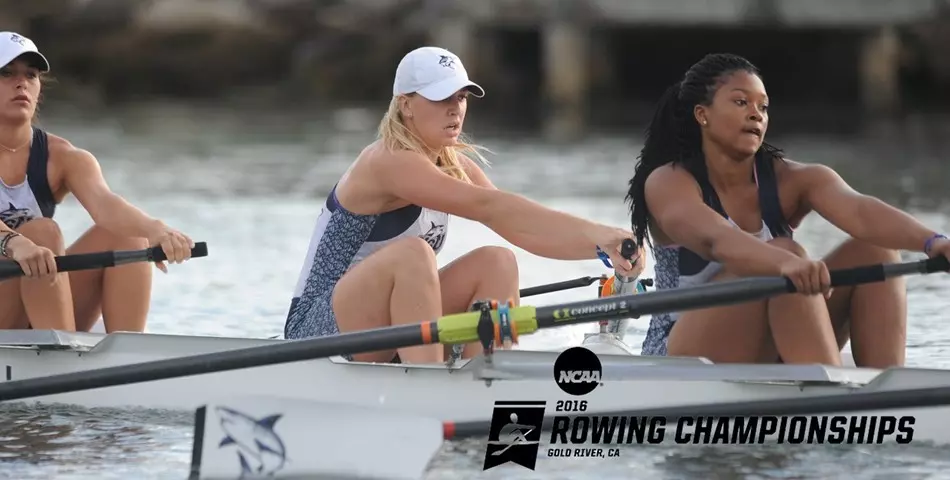

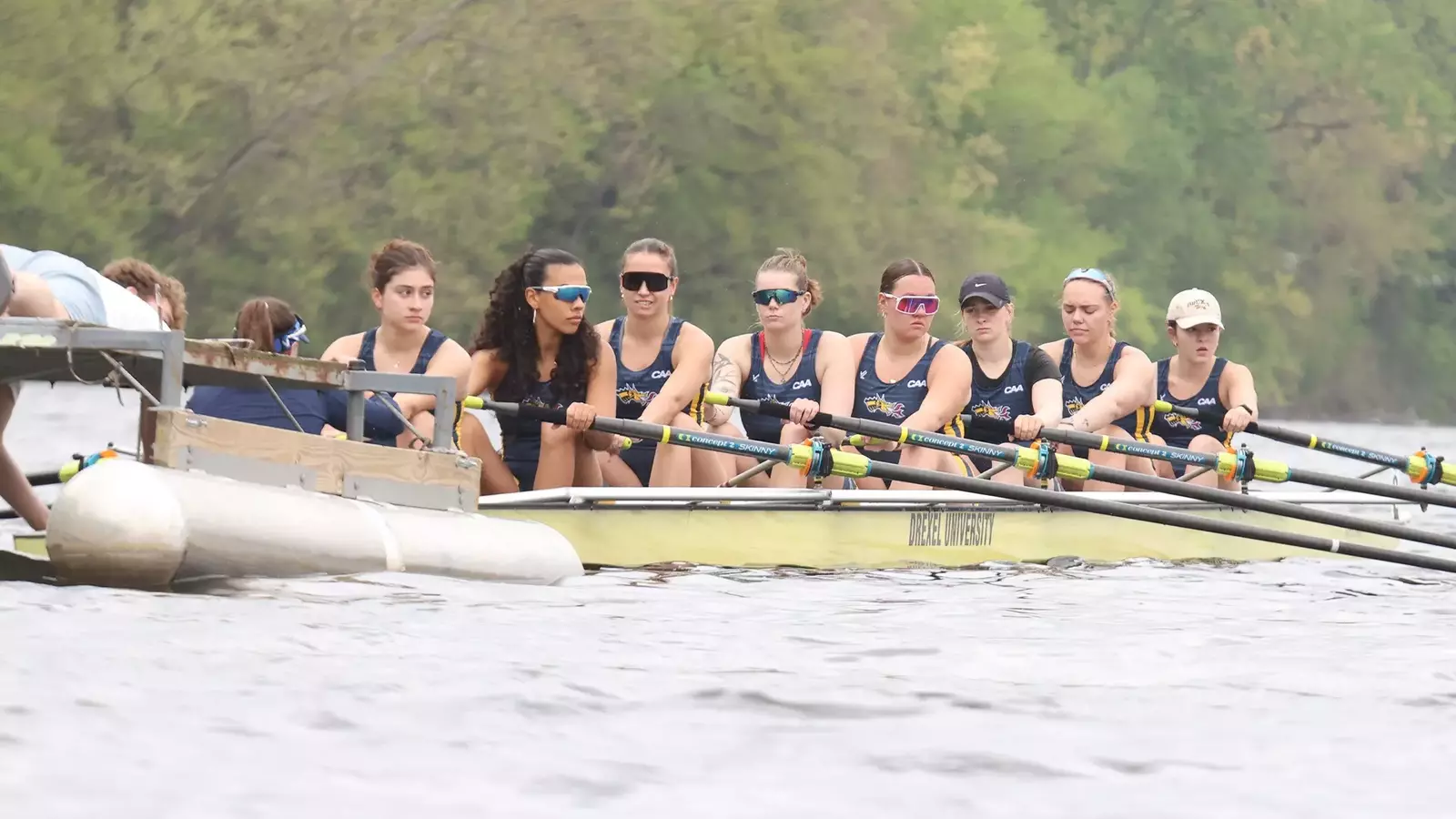

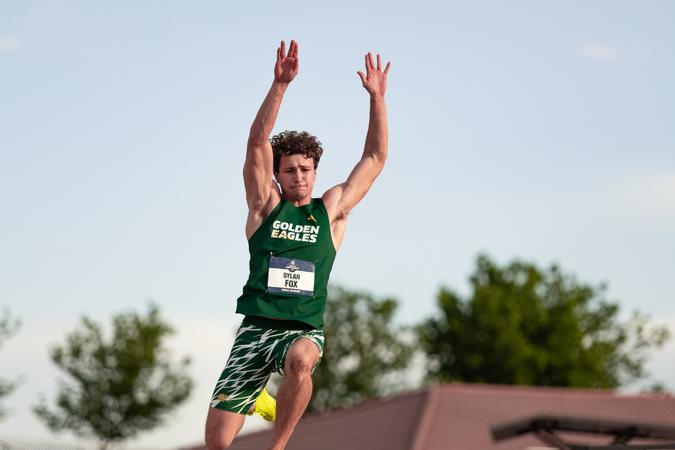

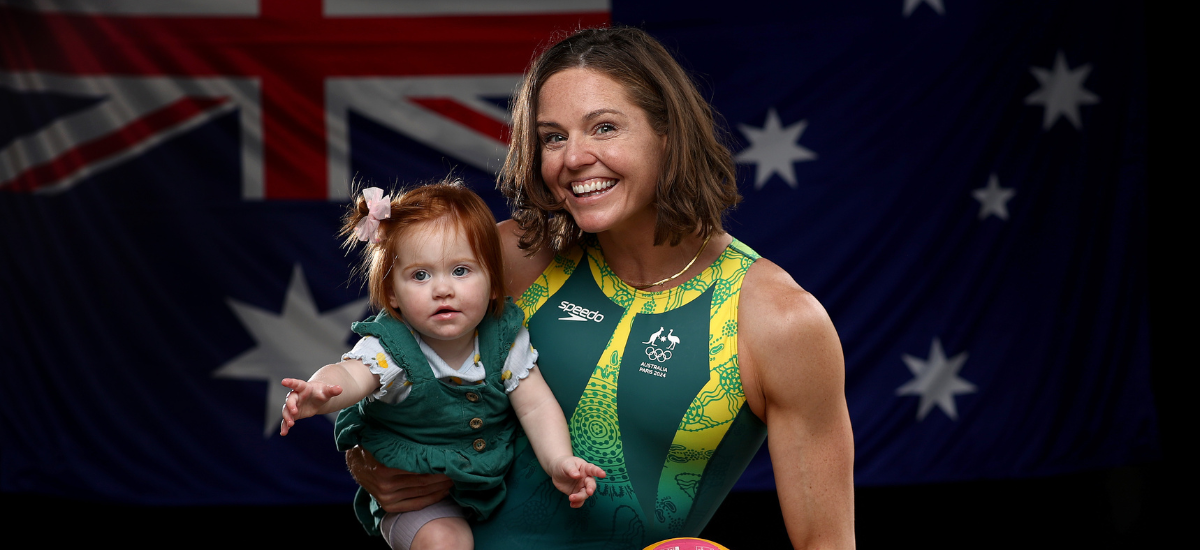

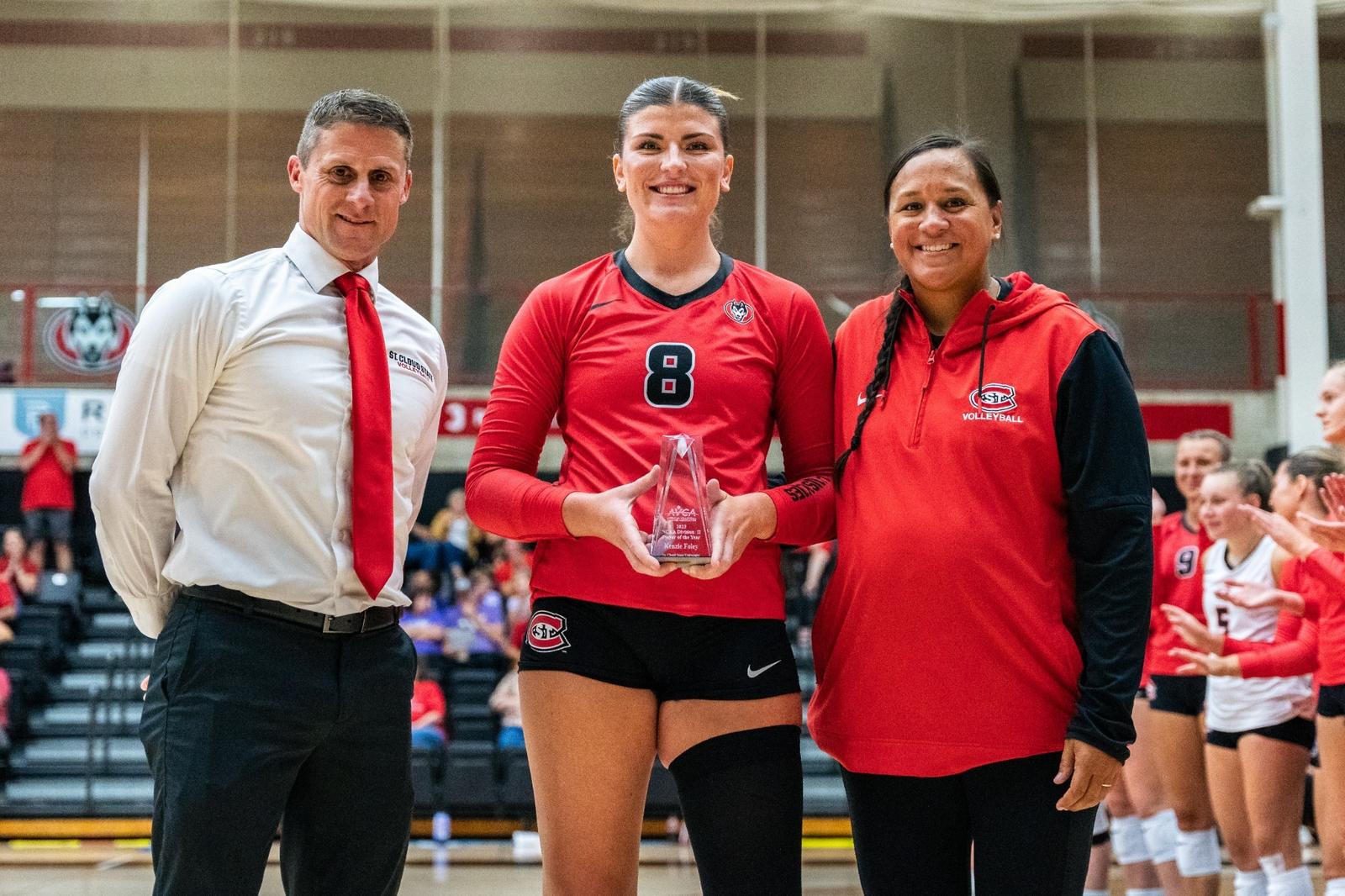



 |
|  |
| 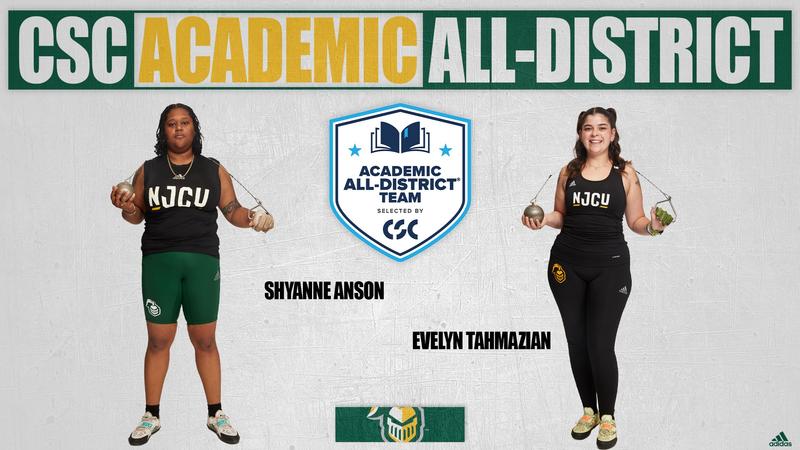






 #NBAFinals
#NBAFinals











































